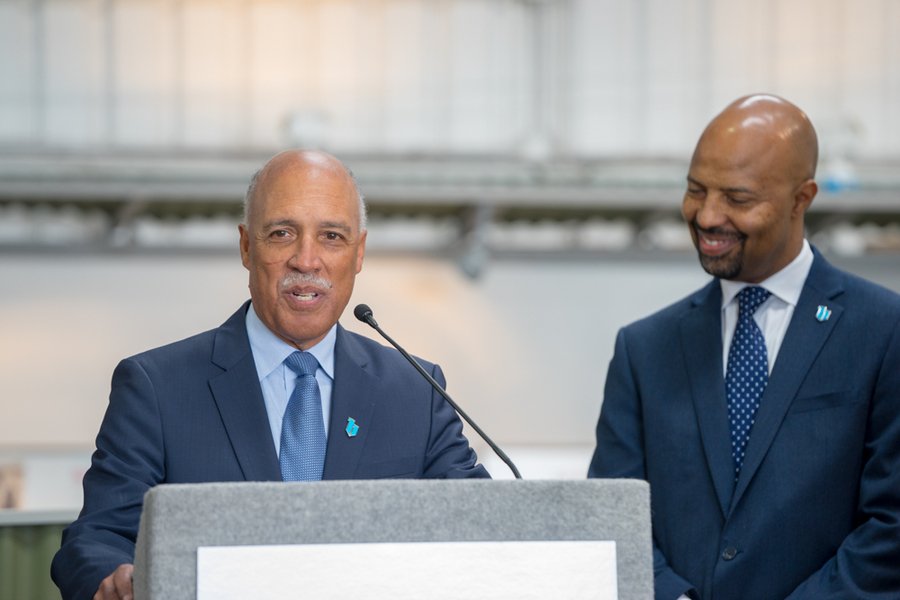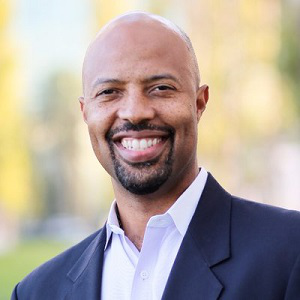By Dominique Burns
Diverseeducation.com
While a number of historically Black colleges and universities are likely to enter a competition for a seven-figure grant to develop a rocketry program, a professor at Tuskegee University is letting it be known that his Alabama school has a distinct edge.
In an initiative that will be announced in more detail in coming days, Base 11 of Costa Mesa, Calif., will award a $1.5-million grant to one HBCU to develop a hands-on, experiential liquid-fuel rocketry lab.
Contacted by Diverse, Dr. M. Javed Khan, Tuskegee professor and head of the Department of Aerospace Science Engineering there, said Tuskegee “has the unique distinction of having the only accredited aerospace engineering program at an HBCU. We have graduated the largest number of African-American aerospace engineers in the U.S.”
He added that students in the program “are active participants of high-impact, hands-on engineering activities such as the University Students Launch Initiative, Unmanned Aerial Systems design-build-fly and have also participated in the NASA Zero-Gravity program.”
Base 11 – a nonprofit, self-described “STEM workforce and entrepreneur acceleration” company – is trying to increase diversity among aerospace engineers and in the commercial space industry in general. This effort is in collaboration with Sigma Pi Phi Fraternity, the oldest predominantly African-American fraternity in the world, which unveiled the competition at its recent Boulé bi-annual gathering in Cincinnati.
“The African American workforce and entrepreneurial community was largely left behind by the tech boom in Silicon Valley, and we don’t want to see the same thing happen with the commercial space industry,” said Base 12 CEO Landon Taylor. “This grant will equip an HBCU with the seed capital and human capital needed to build a robust, long-term student rocketry program that can work in concert with industry to develop in-demand aerospace talent and launch new innovations that will harness space as the new frontier.”
Although she did not name names, Christine Byrd, director of communications for Base 11, said some HBCUs already have sent emails indicating interest in applying for the grant. Diverse reached out to several HBCUs to gauge interest, but only Tuskegee commented. There will be a competitive request-for-proposal process that begins in August, with the winning school selected by the end of fall.
“What’s important to realize is that the big names in commercial aerospace right now – SpaceX, Virgin, Blue Origin – are using liquid propulsion, and they need aerospace engineers with hands-on experience,” said Byrd. “So by establishing this rocketry lab at an HBCU, we will significantly accelerate their students’ opportunities to participate in the commercial space – which is estimated to become a $2.7-trillion industry within 30 years.”
The diversity gap as it relates to the STEM field, with women and non-Whites underrepresented, makes the grant an opportunity for a school to jumpstart the level of participation among those groups, particularly African-Americans.
“Bringing more diversity to the field is going to be key to long-term economic growth as well as America’s global competitiveness because at the end of the day it is technology that’s driving the future of humankind,” said Douglas R. Bender, a Base 11 corporate board member. “You’ve got academia, you’ve got industry, and you’ve got philanthropy, and for the first time ever we’re kind of squarely in the middle to try to tie those things together so we can support STEM, but also the participation of minorities through HBCUs.”
The grant announcement comes weeks after the public announcement of the Base 11 Space Challenge, a $1 million+ competition for the first student-led rocketry team to design, build and launch a liquid fuel rocket to 100 kilometers – the edge of space.
The Base 11 Space Challenge was announced on June 6 in Compton, Calif. at Tomorrow’s Aeronautical Museum, where youth in South Los Angeles can learn everything from piloting aircraft to building rockets. NASA astronaut Leland Melvin headlined the event, where more than 120 leaders from aerospace, government and academia gathered with student rocket team members.
Khan referenced Tuskegee’s history of contributions to aviation and technology as another factor that may impress the panel that will determine who gets the $1.5-million grant. He said Tuskegee’s aerospace engineering program “continues the legacy of the legendary Tuskegee Airmen by educating African-Americans to successfully meet the challenges of the modern technological world.
“We consider ourselves well-positioned for being selected for this excellent opportunity to enhance the education infrastructure of the aerospace engineering program and contribute significantly to the diversification of the aerospace engineering workforce.”





